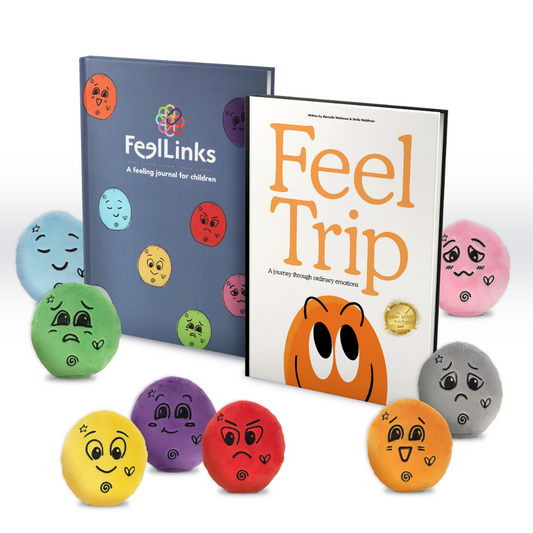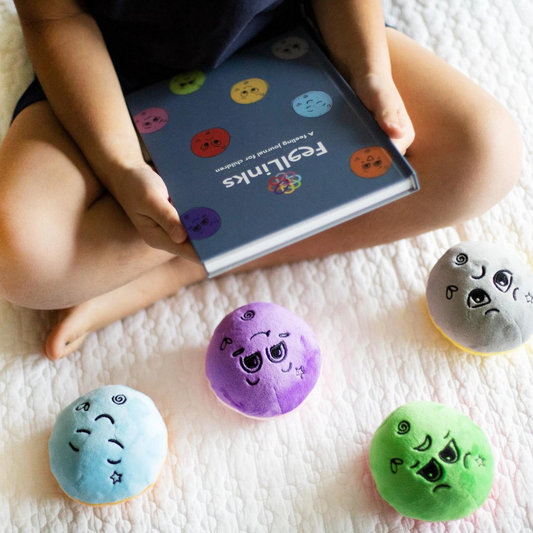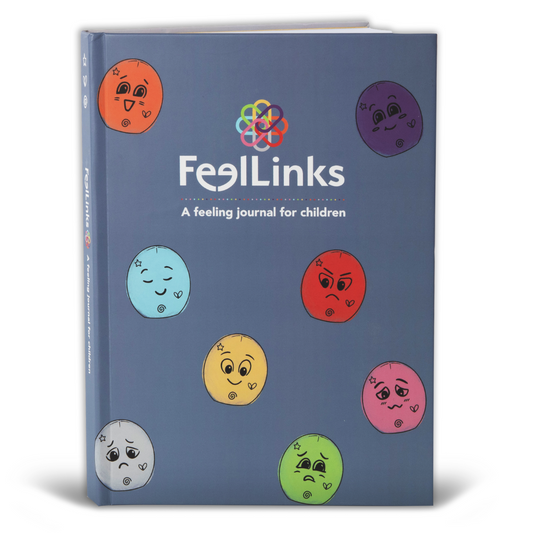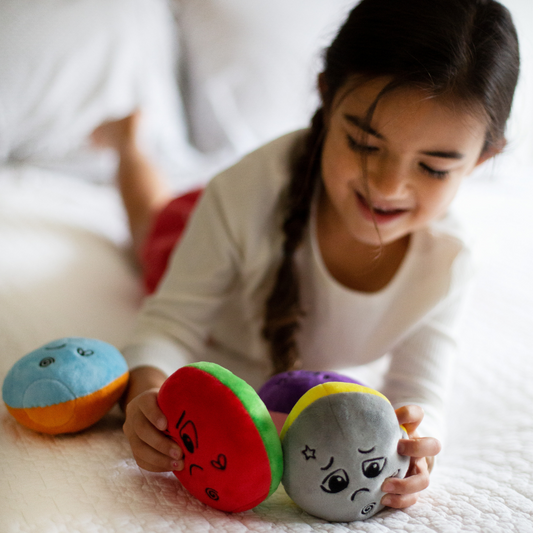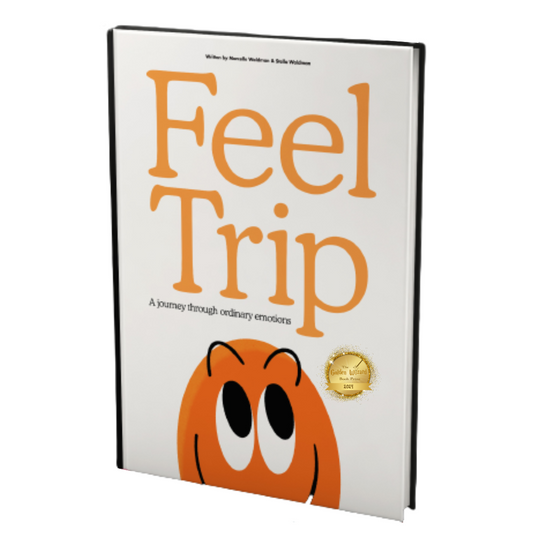The Importance of Emotional Intelligence In Young Learners
Share

Emotional intelligence, also referred to as EI or EQ, is the ability to monitor one’s own emotions, the emotions of others, and use emotions to guide thinking and actions. Emotions impact our attention, memory, learning, our ability to build relationships with others, and our physical and mental health (Salovey & Mayer, 1990).
Just like all things in life, emotional intelligence skills are learned at different rates, there is no single model of how children will develop emotional intelligence. The most important thing we can do is model the responses and behaviors we want to see in our students and children.
“Preschoolers are becoming able to discern their own and other’s emotional states, and to talk about them fluently. Finally, they are beginning to “up-“ or “down”- regulate emotions, depending on their goals.” (Denham, 1998, Saarni, 1990)
Below is a model of emotional intelligence by science journalist, Daniel Goleman. Goleman is also co-founder of the Collaborative for Academic, Social, and Emotional Learning, currently co-directs the Consortium for Research on Emotional Intelligence in Organizations at Rutgers University, and author of the very popular book, Emotional Intelligence (1995). Goleman's most recent model for emotional intelligence (pictured above), includes: self-awareness, self-management, social awareness and relationship management.
Self-Awareness- Self-awareness is our basic understanding of how we feel and why we feel that way. The more we are aware of our feelings the better we can manage and respond to our feelings and to others around us.
How this applies to our young learners:
- Developing emotional self-awareness– Children will begin to develop awareness of their own feelings.
- Recognizing and identifying own emotions– Children will begin to recognize and understand what a feeling is and attribute vocabulary to how they feel.
- Describing feelings– Children will begin to describe and name emotions. They will learn how to use emotional vocabulary to convey how they feel.
Self-Management- Self-management can also be referred to as, self-regulation. It is the ability to manage our own actions, thoughts, and feelings in flexible ways and achieve desired results. Self-regulation contributes to our self-confidence, sense of connectedness, and our own sense of well-being.
How this applies to our young learners:
- Controlling and managing their emotions– Children will begin to learn and eventually apply knowledge about when it is appropriate to act or react when they feel something.
- Coping skills – Children will begin to learn and use coping skills to manage their responses to emotions, for example: breathing exercises, taking a walk, sitting quietly, drawing/writing in a journal, squeezing a plush toy
Social-Awareness- This is our ability to accurately ‘read’ the emotions of others; their face, voice & behaviors. This is where we learn to show empathy for others, being able to sense what they are thinking and feeling and taking on their perspective. This helps us understand how to respond to others.
How this applies to our young learners:
- Developing emotional awareness of others– Children will begin to develop an awareness of emotions in others.
- Perceive emotions of others - Children will learn to understand facial expressions, body language and tone of voice. They can attribute these to others, and eventually label these feeling properly such as, “happy”, “angry”, “calm”, etc.
- Empathizing – Children will begin extending concern for what others are feeling or feeling sympathy for animals.
- Understanding emotion-behavior connections – Children will begin to understand why emotions cause certain behaviors. (i.e. “Mom yelled because she’s angry that I did not tell the truth” or “My friend kicked over my block tower because I was not sharing the blocks”).
Relationship Management- This piece pulls together the other three quadrants. This is when we have the ability to take our own emotions and the emotions of others, to manage our social interactions successfully. Relationship management can also be used to influence others to make good decisions, and support others when they are dealing with conflict. Wow, that’s a lot!
How this applies to our young learners:
- Pulling all the pieces together! - Taking all of the above and using it to successfully and gracefully interact with others, build bonds, sustain friendships, work collaboratively, and become a leader!
There is no better time than now to focus on building emotional intelligence in our children. I stated it in the beginning, and I will repeat it again - modeling what you want to see from your students/children, is the greatest tool in your toolbox. Express your own emotions, label your feelings, and talk about them aloud. Tell children when you are feeling pleasant and tough emotions. We all have feelings and it’s important that children understand and see that. They are constantly watching and listening to the adults in their lives. Teaching children how to recognize, understand, label, express, and manage their feelings, will support them to gracefully deal with life’s ups and downs in this increasingly complex world.
“Although we know that high intelligence and a conscientious personality are the most important psychological traits necessary for academic success, our research highlights a third factor, emotional intelligence, that may also help students succeed. It’s not enough to be smart and hardworking. Students must also be able to understand and manage their emotions to succeed at school” (Carolyn MacCann, PhD, lead author of the study out of the University of Sydney)
There are a variety of children’s books, resources, and curriculums to support you through teaching these vital skills to your young learners. As always, HiMama is here for you to explore activities targeted at emotions. As the owner of FeelLinks, I created a unique, hands-on resource for children to use at school and home, to engage them in growing these essential life skills. If you have not done so yet, begin exploring what is available to you and your center. Social emotional learning is the most important subject we can teach our children.
With Gratitude,
Marcelle Waldman

